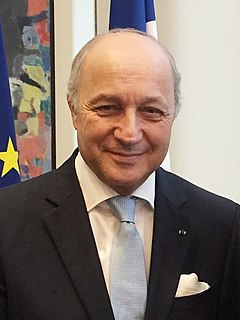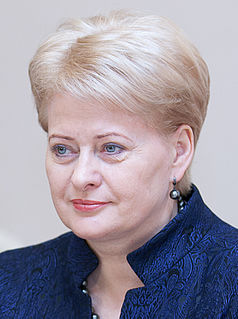A Quote by Nick Clegg
If the euro zone doesn't come up with a comprehensive vision of its own future, you'll have a whole range of nationalist, xenophobic and extreme movements increasing across the European Union. And, frankly, questions about the British debate on EU membership will just be a small sideshow compared to the rise of political populism.
Related Quotes
Between now and then, after 43 years of European marriage, the whole body of legislation will therefore have to be disentangled. That entails a whole range of specific and very complex questions: what will be the future legal status of the millions of EU citizens in the UK and the millions of Britons on the continent?
Thanks to the euro, our pockets will soon hold solid evidence of a European identity. We need to build on this, and make the euro more than a currency and Europe more than a territory... In the next six months, we will talk a lot about political union, and rightly so. Political union is inseparable from economic union. Stronger growth and Euorpean integration are related issues. In both areas we will take concrete steps forward.
I should also say that apart from the negotiations that are taking place within the WTO, we are ourselves involved in all manner of bilateral negotiations, or, if they are not bilateral, with the South African Customs Union and the European Union. All the member countries of the European Union have now ratified the agreement that we have with the EU and that opens up the EU market in various ways.
For a small open economy that trades mostly with the euro zone it makes absolute sense to be part of the currency union. Our currency has already pegged to the euro since 2002. We don't have an independent monetary policy. We are regulated by the European Central Bank in Frankfurt, but we are not able to reap all the profits. Our businesses want to save the transaction costs.
The Czech Republic, severed from its old Slovak half, sits in apparent landlocked contentment, inside the European Union but outside the troubled Euro Zone, set into the new Continental mosaic like one of the small sturdy paving stones, just a few inches square, that form the sidewalks under the visitor's ambling feet.

































